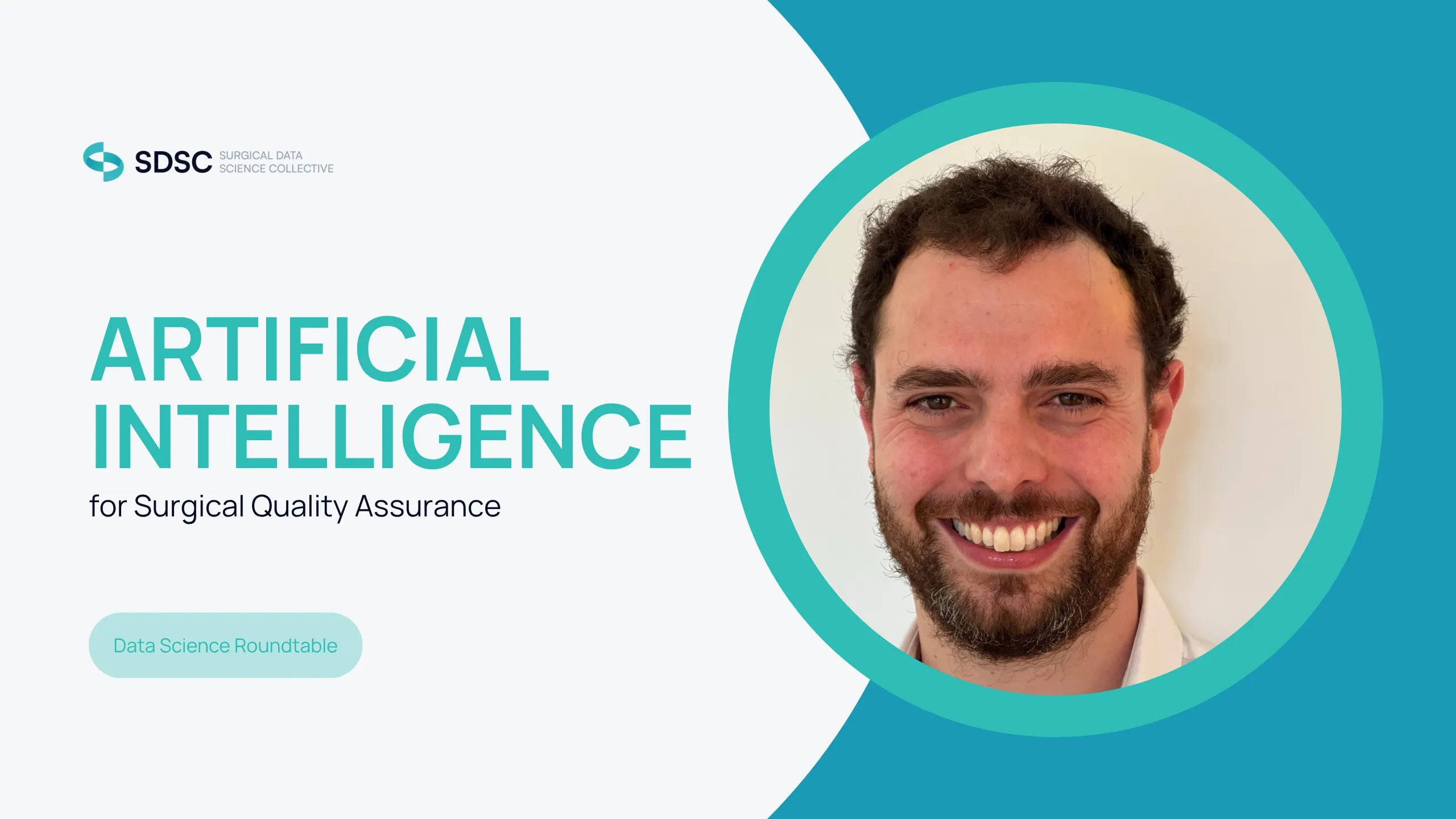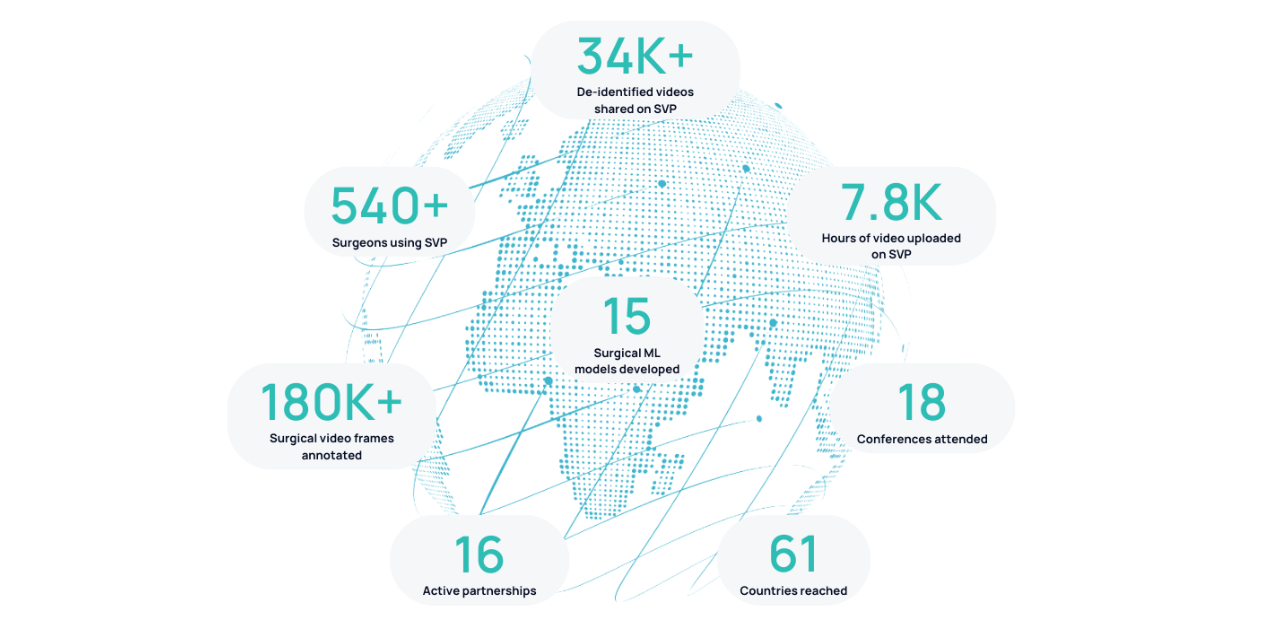
At SDSC’s Data Science Roundtable with Dr. Pietro Mascagni – a surgical resident with a PhD in surgical data science – we explored the future of AI-enabled surgical quality assurance. His vision is to use data and machine learning to reduce complications, democratize surgical expertise, and build real-time decision-support systems that can enhance surgical safety in the operating room.
Surgery remains a “black box” – rich in data, yet inaccessible and heavily unstructured. Through surgical video analysis, AI can sense, analyze, and assist with key surgical tasks, enabling systems that learn from every case. The concept of a “surgical control tower” is emerging: a centralized intelligence lab to monitor surgical information, anticipate adverse events, and guide interventional actions.
The talk emphasized the need for clinically grounded datasets, improved trust in AI systems, and scalable tools that can generalize across procedures. From preventing bile duct injuries in laparoscopic cholecystectomies, to developing scores that aid procedure decisions in ovarian cancer surgeries, AI is being trained to detect critical structures, identify “near misses” and ultimately reduce harm.
While widespread adoption faces technical and regulatory hurdles, the trajectory is clear: video-based, AI-powered feedback loops will redefine how we measure and ensure quality in surgery – turning every case into an opportunity for learning and safer outcomes.



.png)
.png)
